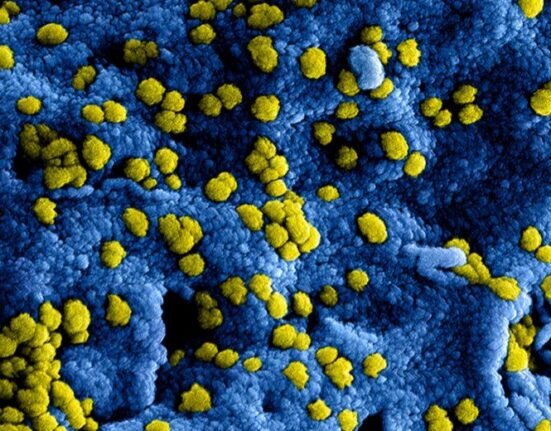HQ team
January 16, 2024: A recent study has found that global deaths from fungal diseases have doubled in the past decade. The current estimate stands at around 3.8 million deaths constituting approximately 6.8 per cent of total global deaths.
The study, conducted by Professor David W Denning, an infectious diseases and global health expert previously with the University of Manchester, says that fungal diseases often operate under the However, the silent nature of fungal diseases demands a heightened focus on detection, prevention, and treatment.
Access to and actual usage of tests for detecting fungal diseases is limited – and not only in low-income countries. The most important lethal fungi are Aspergillus fumigatus and Aspergillus flavus, which cause lung infections. Among the people affected are those with lung diseases, such as asthma, TB and lung cancer, but also people with leukemia, those who have had an organ transplant, and those in intensive care.
Antifungal resistance is a growing problem too. Spraying crops with certain types of fungicides is increasing resistance rates to a group of antifungal drugs, known as azoles.
Fungal infections
Candida a common fungal infection can cause sepsis in certain cases. Over 1.5 million people are affected globally by life-threatening Candida infection, and it causes nearly 1 million deaths annually. It is also linked to diabetes or renal failure – or both – and can also take hold after major surgery or trauma. This fungus is a normal part of the gut microbiome, but when we are very ill, it travels across the gut wall into the bloodstream. The tests for candida can only pick up 40% of this life-threatening infection.
Also, 50% of the approximately 600,000 deaths from Aids are attributable to fungal infections.
India reported a large-scale outbreak of black fungus or mucormycosis post the COVID pandemic. The fungi causing mucormycosis block off tissue blood supply causing dead tissue.
Fungal allergy and severe asthma have a strong association and asthma infections are becoming common among the aged.
Strengthening Healthcare Infrastructure
Experts emphasize the need to strengthen healthcare infrastructure globally. This includes improving diagnostic capabilities, increasing the availability of antifungal medications, and enhancing the training of healthcare professionals to recognize and treat fungal infections promptly.
Discussions around the role of vaccines in preventing fungal diseases is gaining prominence. Researchers are exploring developing vaccines to protect individuals from specific fungal infections, marking a potential breakthrough in disease prevention strategies.





